
The story of depression, through time and around the world.

The story of depression, through time and around the world.
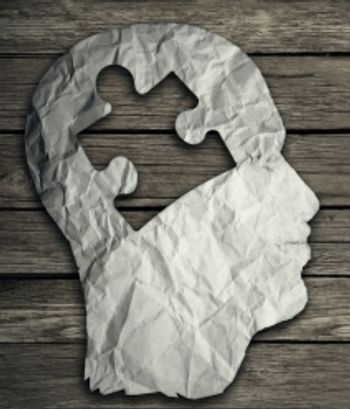
The chief medical officer of Karuna shares his thoughts exclusively with Psychiatric Times.

Psychiatrists face diagnostic puzzles almost every day. Find out how one clinician cracked a tough case.

Many patients with bipolar and other psychiatric disorders believe it is better to wait to address cigarette and other nicotine use. Here is why that is not necessarily the case.

Join the conversation on Psychiatric Times

There are many reasons to look forward, armed with lessons learned and new research on the horizon.

The FDA has approved the New Drug Application for a once-daily ADHD treatment.

Providing quality mental health care in all treatment settings requires one crucial element: teamwork.

A case report and literature review of intrathecal methotrexate-induced mania.
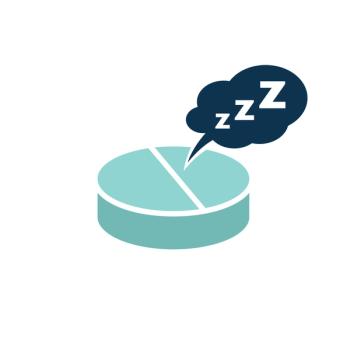
If approved, this formulation of sodium oxybate will be the first once-nightly oxybate treatment for daytime sleepiness.

How does relapse prevention for depression in patients with coronary heart disease differ from relapse prevention in those with depression alone? That question and more answered.
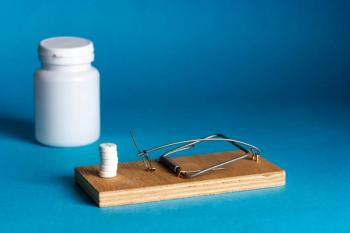
Some commonly used drugs and narcotics have serious cardiovascular effects.
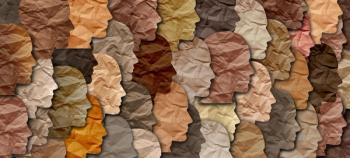
As February comes to a close, we reflect on this month's contributions.
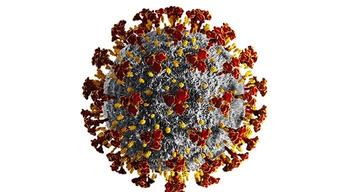
A new study considers how the virus might enter the brain and cause cognitive issues.

Black soldiers’ lack of access to opiate analgesics and antidiarrheals was typical, not exceptional, when considered within the broader scheme of Civil War medicine.

This comprehensive approach for assessing and addressing potential cardiac complications before prescribing psychotropics can enhance care.

A case for why psychiatrists should discuss the COVID vaccines with their patients.
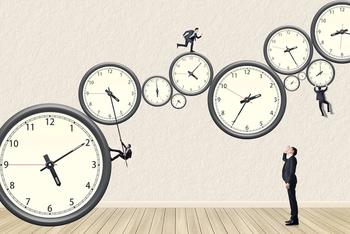
When, where, and how to use poetry in a clinical setting.
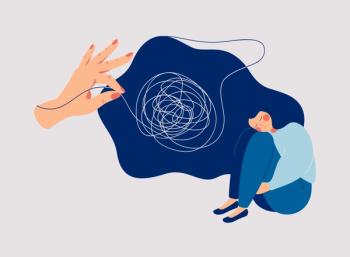
If approved by the FDA, this treatment would be the first therapy for treating depressive episodes in both bipolar I and II disorder in 2 different forms.

An alcohol use disorder treatment has 4 potential advantages over existing treatments.

Psychiatrists are uniquely suited to help patients with and without heart disease feel more positive and hopeful. This, in turn, can have substantial effects not just on mental health, but on health behaviors and physical health outcomes as well.
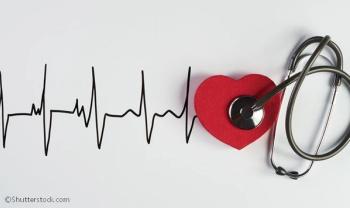
Psychiatrists who prescribe certain medications need to mitigate cardiac risks.

A potential young psychiatrist lost too soon.

Black history is American history.

Thanks to a recent Sigourney Award, this association is achieving well-deserved recognition.

High (and low) points in the history of mind sciences can be explored through folklore.

Our Editor in Chief addresses a question from our readers about caffeine.
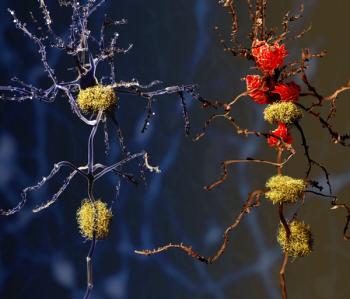
An interview with Kenneth S. Kendler, MD, vice-chair of the American Psychiatric Association DSM Steering Committee, author of more than 1200 articles, and one of the highest-cited researchers in psychiatry.

What was life like in the 1950s Bronx for a budding preeminent psychiatrist?

In a time of increased telehealth, secure technology is more important than ever.